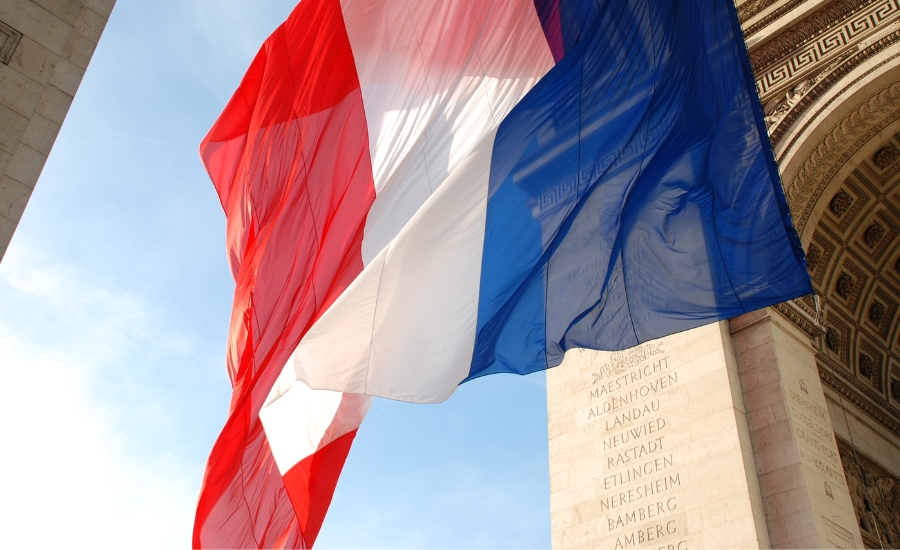France Increases Airfare Tax

The French government has decided to raise a special levy on airline tickets. Authorities justify this move as necessary to reduce the budget deficit and provide environmental benefits. However, airlines and industry representatives warn of negative consequences—fewer flights, reduced competitiveness, and job losses. Will this decision truly improve the country's financial standing, or will it hinder the aviation sector's growth?
The 2025 budget includes a significant increase in the solidarity tax (TSBA) on airline tickets. According to government estimates, this change will generate an additional 800–850 million euros annually. Finance Minister Amélie de Montchalin argues that the tax hike is essential, likening it to a fuel tax. She also notes that the increase in ticket prices will be relatively small—less than 10 euros for domestic flights.
In practice, the tax increase varies depending on the flight distance and travel class. Economy-class passengers flying to France or within Europe will pay 7.30 euros instead of the previous 2.63 euros. For long-haul flights over 5,500 km, the tax will rise to 40 euros. Business and first-class travelers will bear the highest burden—taxes on European flights may reach 420 euros, while intercontinental flights may exceed 2,000 euros.
Losses for Airports and Airlines
While the government expects higher budget revenues, the aviation industry warns of significant challenges. "This is an irresponsible decision that will hit our regional airports and make communication between regions and overseas territories more difficult. The government seems blind to the importance of air transport for the economy. While other European countries support this sector, we are burdening it with more taxes, weakening the aviation industry, tourism, and access to many destinations within the country," warns Thomas Juin, president of the French Airports Union (UAF). He believes that instead of fostering aviation growth, France is imposing additional financial burdens.
Ryanair has already announced that it may cut its flights from France by half. Meanwhile, Ben Smith, CEO of Air France-KLM, warns that the extra charges could push travelers to choose alternative airline hubs, weakening France’s aviation industry. He also points out that France has been losing 1.5% of its air travel market share annually to foreign competitors for two decades.
The effects of this new tax policy could be more far-reaching than government forecasts suggest. Fewer flights mean lower revenues not only for airlines but also for airports and the tourism sector. This could lead to job cuts—not just in aviation but in related industries as well. The question remains: will the additional tax revenue be enough to offset the potential economic losses?